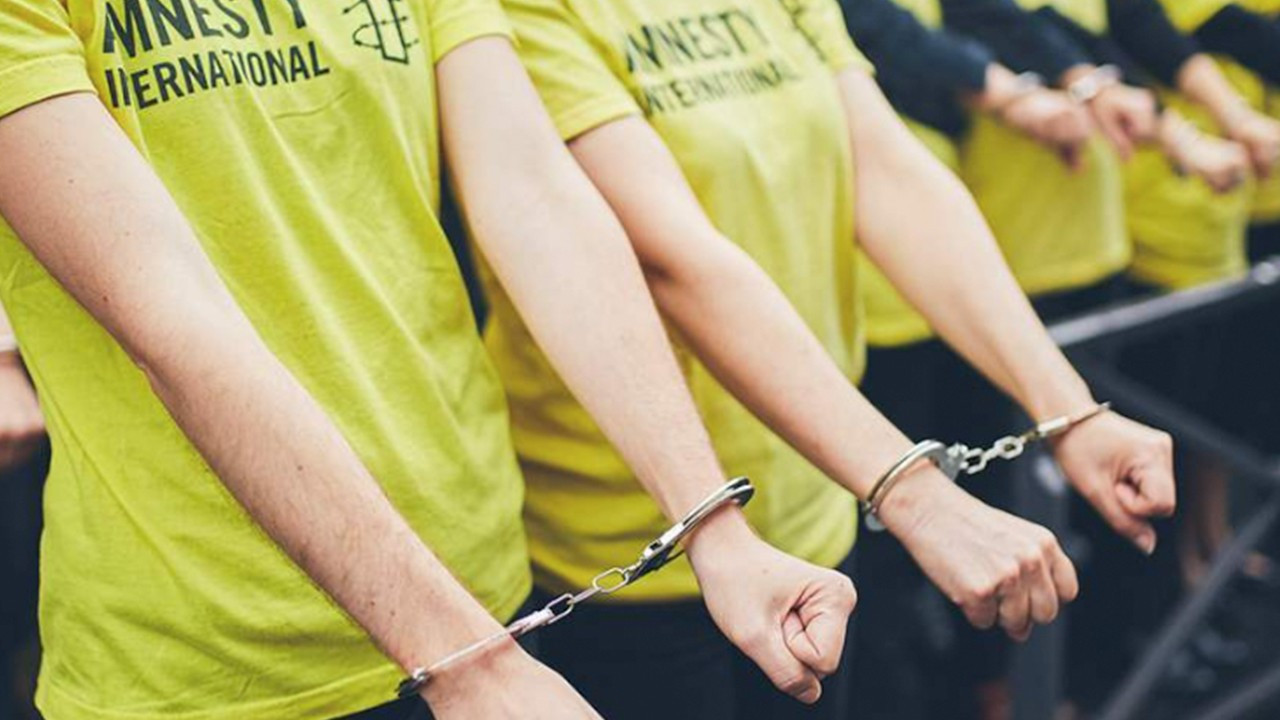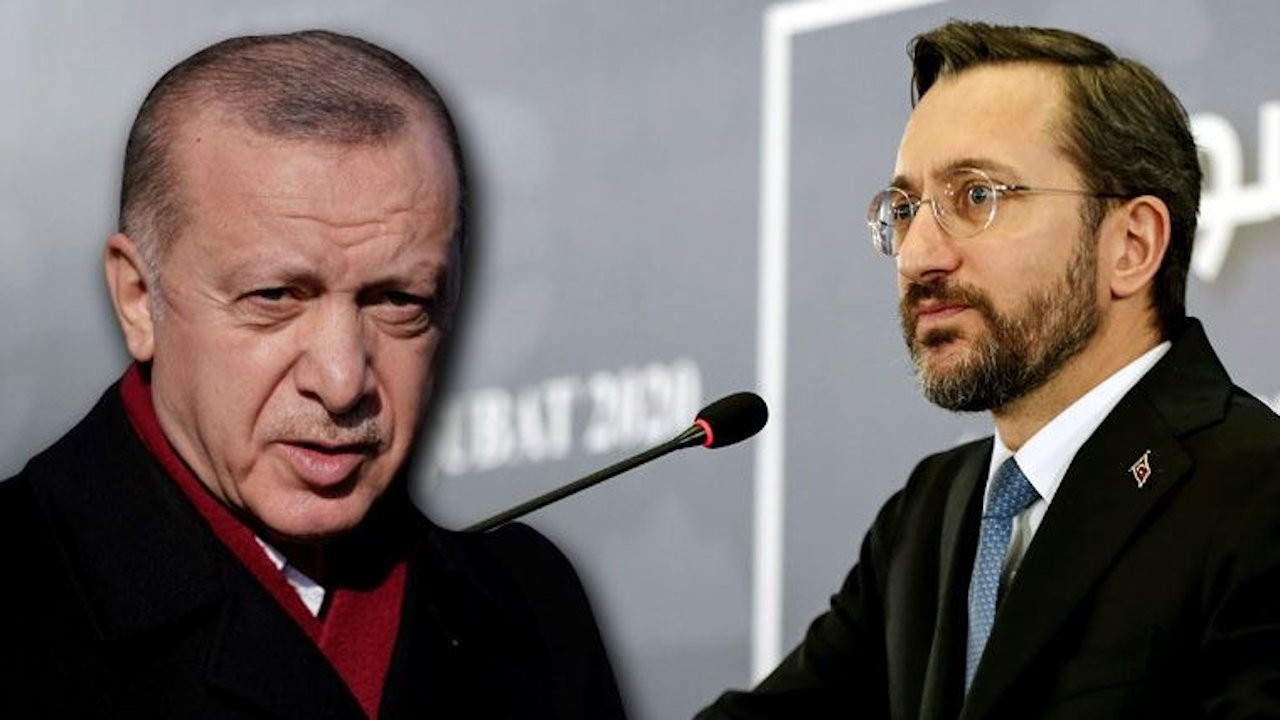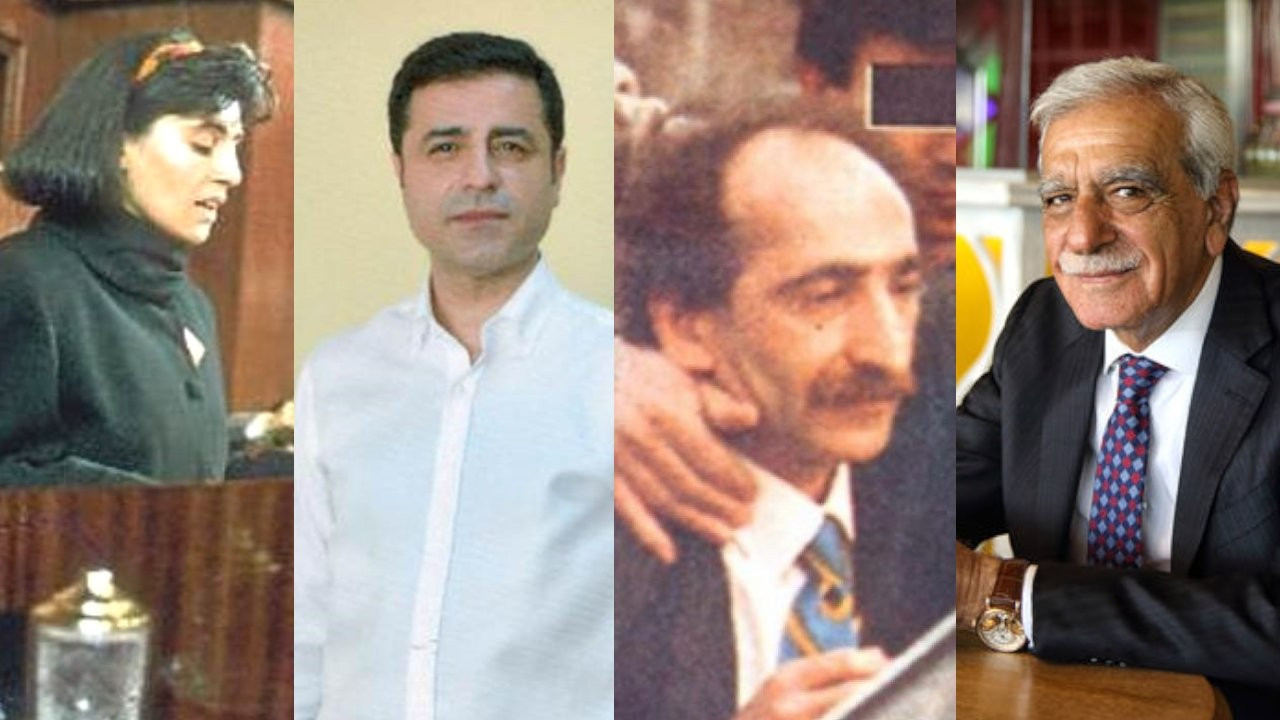US report lists several human rights violations in Turkey
A report released by the U.S. State Department has listed arbitrary killings, suspicious deaths of persons in custody, forced disappearances, torture, arbitrary arrest, interference with the judiciary, and violence against women and the LGBTI community as some of the most significant human rights issues in Turkey. The report also said that Turkish prosecutors use a broad definition of terrorism to file criminal charges against critics, especially journalists and HDP politicians.
Duvar English
The United States has listed a very extensive list of human rights abuses occurring in Turkey in its 2020 Country Reports on Human Rights Practices.
The report released by the U.S. State Department highlighted arbitrary killings, suspicious deaths of persons in custody, forced disappearances, torture, arbitrary arrest and continued detention of tens of thousands of persons, interference with the judiciary, severe restrictions on freedom of expression, criminal prosecution of journalists and violence against women and LGBTI community as some of the most significant human rights issues in Turkey.
“The government took limited steps to investigate, prosecute, and punish members of the security forces and other officials accused of human rights abuses; impunity remained a problem,” said the report.
Several domestic and international rights groups reported police officers, prison authorities, and military and intelligence units having tortured people under custody, the report said.
“Human rights groups asserted that individuals with alleged affiliation with the PKK [Kurdistan Workers' Party [PKK] or the Gulen movement were more likely to be subjected to mistreatment or abuse,” the report said.
The report also touched upon the Turkish government's interference with the judiciary, saying “there were indications the judiciary remained subject to the influence, particularly from the executive branch.”
It gave the legal case of jailed philanthropist Osman Kavala as an example of how “the outcome of some trials appeared predetermined or pointed to judicial interference.”
Turkish prosecutors use a broad definition of terrorism to file criminal charges against critics, especially journalists and politicians of the Peoples' Democratic Party (HDP), the report said.
It highlighted that Ankara has imprisoned several HDP politicians on terrorism charges and removed most of the HDP mayors from office following the party's success in the 2019 local elections.
Former HDP co-chair Selahattin Demirtaş continues to remain in prison despite the 2020 ruling of the European Court of Human Rights due to the second detention order stemming from a separate investigation related to the 2014 Kobane protests, the report said.
“Authorities used anti-terror laws broadly against opposition political party members, human rights activists, media outlets, suspected PKK sympathizers, and alleged Gulen movement members or groups affiliated with the Gulen movement, among others, including to seize assets of companies, charities, or businesses,” the report said.
The report also drew upon the Turkish government's failure in combatting the violence against women and the targeting of the country's LGBTI community.
High-level Turkish government officials have been employing anti-LGBTI speech, which serves as a basis for abuse by police and discrimination, said the report.
Anti-LGBTI rhetoric also featured prominently in public debates around the country’s withdrawal from the Council of Europe Istanbul Convention on preventing and combating violence against women and domestic violence, the report said.
President Recep Tayyip Erdoğan has recently a torrent of attacks against what he called "the LGBT youth," which came as sudden Boğaziçi University student protests began to rattle his 18-year rule.
The immediate cause of Erdoğan's fury was a student artwork depicting Islam's holiest site in Mecca draped in the LGBT rainbow flag.
Erdoğan later his supporters not to listen to "those lesbians," adding there was "no such thing" as the LGBT movement in Turkey.

 Amnesty International urges Europe to press Turkey to respect human rightsHuman Rights
Amnesty International urges Europe to press Turkey to respect human rightsHuman Rights Erdoğan aide to opposition: You will learn our system of governancePolitics
Erdoğan aide to opposition: You will learn our system of governancePolitics History repeats itself: Turkey seeks closure of a pro-Kurdish party - yet againPolitics
History repeats itself: Turkey seeks closure of a pro-Kurdish party - yet againPolitics